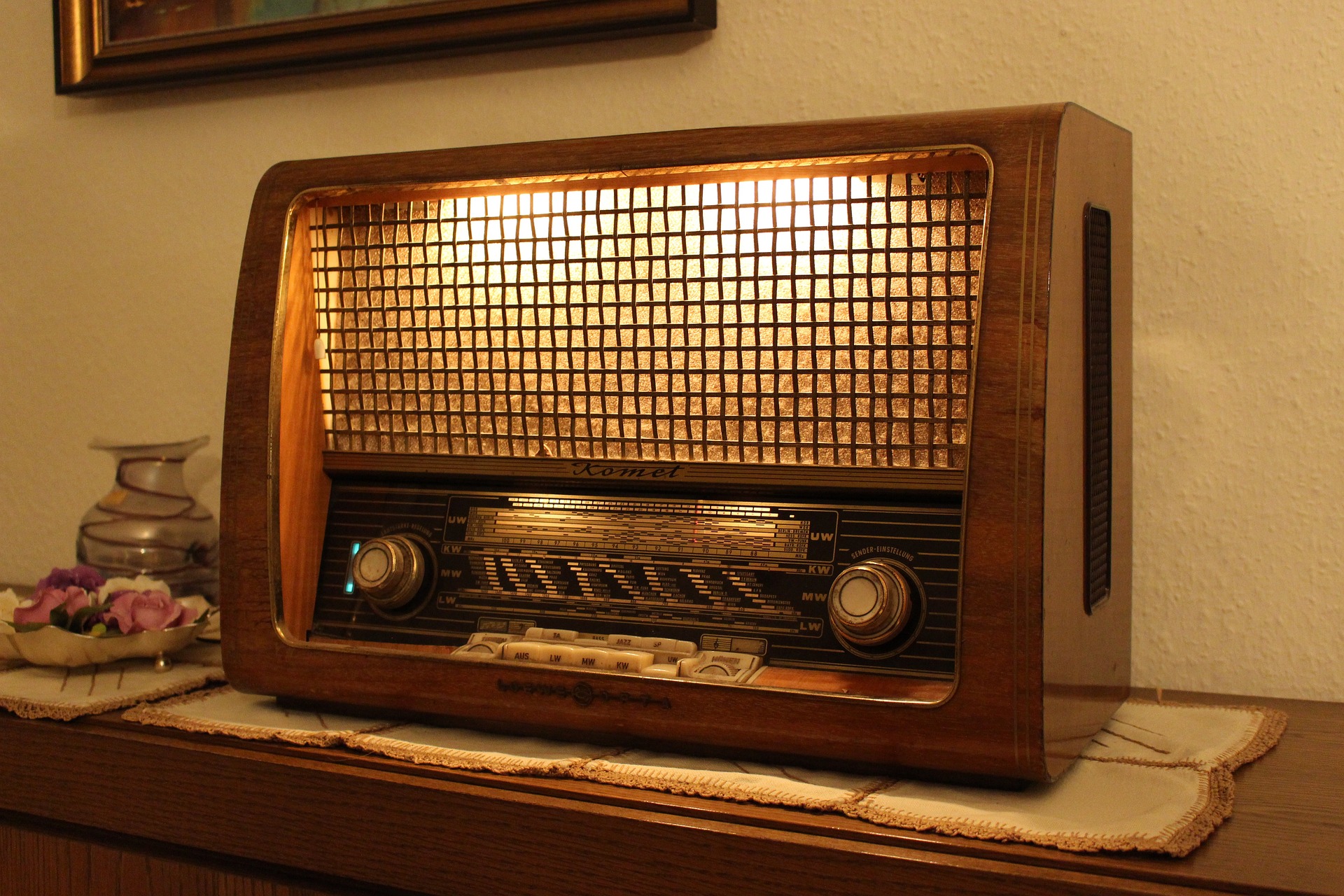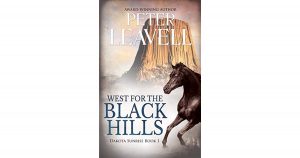by Peter Leavell, @PeterLeavell
Writing dialogue beats into a novel is vital.
The donkey halted and looked at his rider. “Why have you beaten me three times?”
“You’ve made me look foolish,” Balaam said.
For several millennia, readers of the Bible’s Numbers 22 have paused to wonder why Balaam’s reaction to a talking donkey isn’t recorded.
Instead of writing ‘Balaam said,’ I wish his reaction was documented so we know his emotions. A dialogue beat would be excellent. Did he scratch his head? Stare back at the donkey? Hold back a laugh? Some action to denote an emotion would be wonderful.
Writing effective beats can be found in Lisa Jordan’s fantastic post.
Ballam’s story brings up another point. Sure, we can discover his emotions using beats. We can also be connected to the past through dialogue beats and create a masterful work of historical fiction.
How do you write compelling historical beats? Two steps.
Research. Know your chosen period well. Keep in mind you will never completely understand all the past, so have a general idea of the tools they used in your chosen time period, the fashion, and the political events of the day.

Interaction. Have the characters interact with whatever you find and write in beat format.
For example, in the year 1941, snow swirled around the corners of the house. Inside, one by one, the family sat on wooden armchairs, the couch, and the wood floor. Firelight reflected off their somber faces and bare Christmas tree.
“I don’t like him.” Dad fiddled with the dial on the radio. “I pray to God he does the right thing.”
The silence was palpable and reached as high as the loft beams. Sister wrapped her arms tighter around herself, pulling her shawl close.
Dad slammed his hand hard next to the radio antenna. “Blasted tube’s gonna go out. Anyway, he better do the right thing.” The radio hummed, then sizzled, and finally the warm glow accompanied a crowd of voices from over the air. “Yes! Now we can see if he’s doing the right thing.”
The unmistakable sound of a hammer impacting wood drifted over the airwaves, and after a moment came the clear voice they all knew from his fireside chats. “Yesterday, December 7th, 1941, a date which will live in infamy, the United States of America was suddenly and deliberately attacked by naval and air forces of the Empire of Japan.”
In the scene above, sure, there’s some telling because I wanted to quickly get to the good stuff. But notice the father’s interactions through beats. What do we learn? He’s impatient. He’s political. He’s dominant and controlling (sister isn’t allowed to touch the radio), and the narrator is slightly unreliable since the father IS mechanical and the narrator says, ‘fiddled’ rather than a specific term. And the narrator noticed (laments?) the bare Christmas tree, so maybe it’s the mother who narrates the scene.
Interject historical beats throughout your historical fiction novel, and you’re well on your way to taking your reader back in time.
Philip Anderson keeps his past close to the vest. Haunted by the murder of his parents as they traveled West in their covered wagon, his many unanswered questions about that night still torment him.
His only desire is to live quietly on his homestead and raise horses. He meets Anna, a beautiful young woman with secrets of her own. Falling in love was not part of his plan. Can Philip tell her how he feels before it’s too late?
With Anna a pawn in the corrupt schemes brewing in the nearby Dakota town, Philip is forced to become a reluctant gunslinger. Will Philip’s uncannily trained horses and unsurpassed sharpshooting skills help him free Anna and find out what really happened to his family in the wilderness?

Peter Leavell, a 2007/2020 graduate of Boise State University with a degree in history and a MA in English Literature, was the 2011 winner of Christian Writers Guild’s Operation First Novel contest, and 2013 Christian Retailing’s Best award for First-Time Author, along with multiple other awards. An author, blogger, teacher, ghostwriter, jogger, biker, husband and father, Peter and his family live in Boise, Idaho. Learn more about Peter’s books, research, and family adventures at www.peterleavell.com



Comments 1
Nice tip, thanks!!